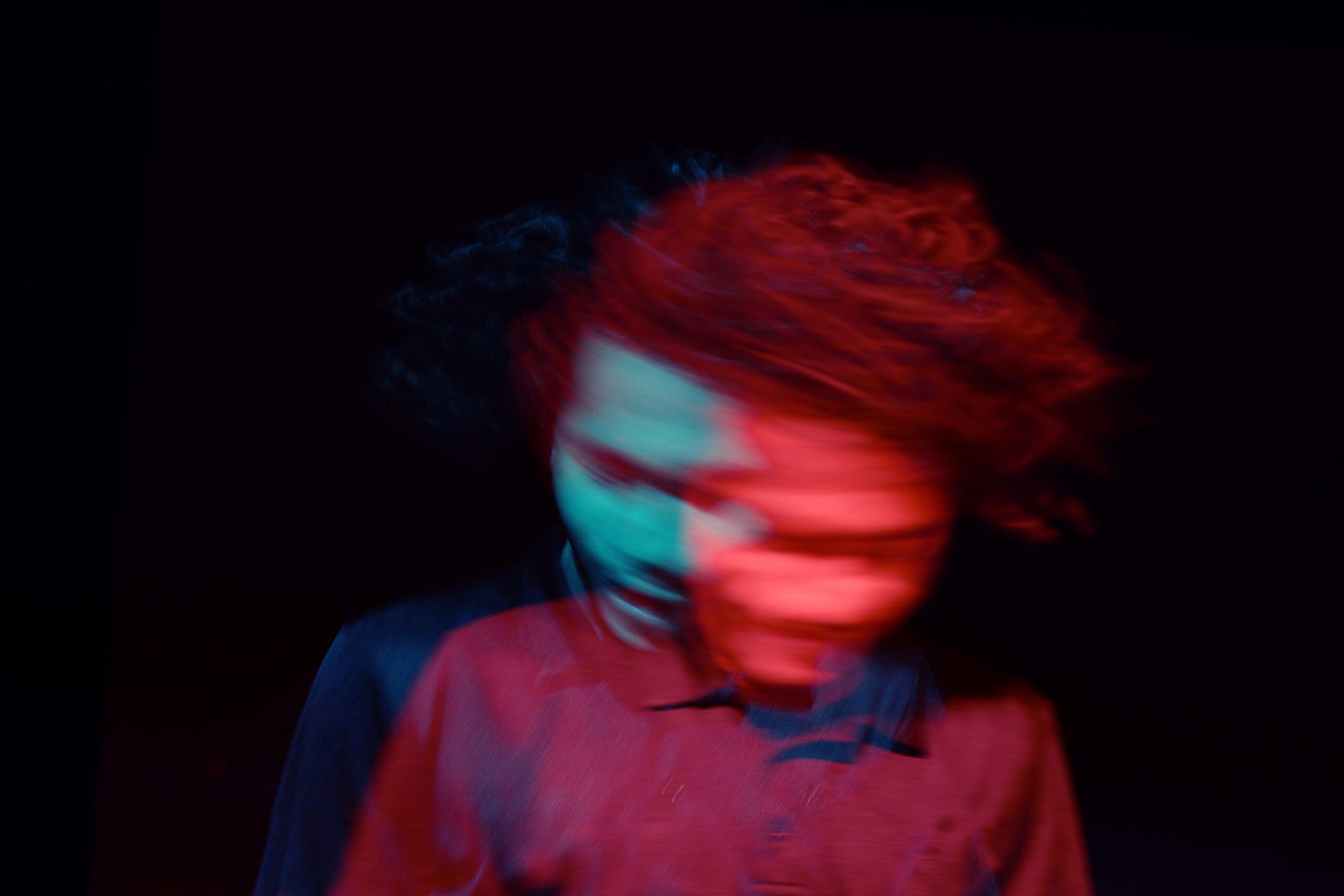
What is PCP?
You may be wondering, “what is PCP exactly?”. PCP (also known as phencyclidine, is a dissociative and hallucinogen drug, meaning that the user can often have an out-of-body experience when taking the substance.
Initially used in clinical settings as an anesthetic, PCP was discontinued for medical purposes after side effects of delusions and agitation began appearing in patients.
However, PCP was picked up by street dealers and is now dealt as “angel dust” illegally. Those who take illicit PCP typically ingest it by snorting or smoking it, with effects lasting 4-6 hours. In pill form or in capsules, this psychoactive substance’s effects can be felt 30 minutes to an hour later, and effects can stay active for up to an entire day, increasing the risk of dangerous side effects and trouble functioning in daily life.
PCP is a powerful, mind-altering drug that has a high potential for addiction, abuse, and dangerous side effects. If you or a loved one is dealing with a PCP addiction, contact Gratitude Lodge today and get the help you need.
Are PCP and Angel Dust the Same Thing?
Yes, PCP (phencyclidine) and “angel dust” are the same thing. “Angel dust” is a street name commonly used to refer to PCP. It is important to note that PCP is an illegal and highly dangerous drug with significant risks to physical and mental health. The use of PCP is associated with severe dissociation, hallucinations, aggressive behavior, and potential long-term psychological effects.
It is strongly advised to avoid the use of PCP due to its potential for harm and legal consequences. Angel dust is also known to be highly addictive and dangerous, with debilitating side effects and long-term risks.

WHY DO PEOPLE USE PCP?
People use PCP because it’s a hallucinogen that creates a distortion in perception and sensations. Hallucination and delusions can create visual and auditory experiences as well as “out-of-body,” or dissociative experiences.
However, this drug can be quite dangerous as it’s effects can be extreme, including psychiatric disorders like hearing voices, extreme paranoia, and psychosis.
PCP SLANG TERMS
- ANGEL DUST
- SUPERGRASS
- ROCKET FUEL
- LOVEBOAT
- PEACE PILL
- ZOMBIE
- ILLY
- DIPPER
How Long Does PCP Last?
The duration of the effects of PCP can vary depending on several factors, including the dosage, route of administration, individual metabolism, and the specific formulation of the drug. However, the typical duration of the effects of PCP can range from 4 to 6 hours.
After ingesting PCP orally, the onset of effects usually occurs within 30 minutes to 1 hour, and the peak effects are generally experienced within 2 to 4 hours. The intensity and duration of the effects can be influenced by factors such as the amount taken and individual sensitivity.
It is important to note that PCP is a powerful drug with potentially dangerous effects, and its use is illegal in many countries. The drug’s effects can be unpredictable and vary from person to person. It is strongly advised to avoid using PCP due to its associated risks to physical and mental health
WHAT ARE THE SYMPTOMS OF PCP ADDICTION?
If your loved one has a PCP addiction, you may notice a change in their personality. They may have schizophrenic and psychotic symptoms, such as hearing voices and talking to themselves or inanimate objects for long periods of time. While on PCP, a rise in body temperature may cause them to remove their clothing. They may also become violent toward others. Even when they aren’t on PCP, addicts can hear “voices” telling them to commit crimes and other violent acts.
PCP Addiction Symptoms
- HEARING VOICES
- RISKY BEHAVIOR
- PSYCHOTIC SYMPTOMS
- FREQUENT PSYCHIATRIC WARD ADMISSION
- HIGH BODY TEMPERATURE
- INABILITY TO AVOID PCP
- DELUSIONS OF GRANDEUR
- PARANOIA
Angel Dust Paraphernalia
- BONG
- ROLLING PAPER
- PIPE
- MARIJUANA JOINTS
- PILL BOTTLES
- SPOONS WITH BURNT BOTTOMS
- CIGARETTES
- LIGHTER
WHAT ARE THE EFFECTS OF PCP ADDICTION?
In small doses, PCP can create a trance-like effect and feelings of out-of-body experiences. When taken in large doses, PCP addiction can also adversely affect others. PCP can make users violent or suicidal. Because it is a dissociative drug, the brain can’t detect pain in the body. It’s possible for users to have a blackout experience when they are getting into legal trouble. They may also not be able to tell doctors about broken bones until after the anesthetic has worn off.

SHORT-TERM EFFECTS OF PCP ADDICTION
- OBSESSION WITH TRIVIAL THINGS
- INCREASED HEART RATE
- EUPHORIA
- DISTORTED PERCEPTION OF TIME
- INCREASED BLOOD PRESSURE
- DELIRIUM
- FEELINGS OF UNREALITY
- FEELING WEIGHTLESS
LONG-TERM EFFECTS OF PCP ADDICTION
- HALLUCINATIONS
- DISORDERED THINKING
- DELUSIONAL THINKING
- ACCIDENTAL SUICIDE
- CATATONIA
- DEATH
- ACCIDENTAL INJURY TO SELF OR OTHERS
- COMA
Angel Dust Addiction Stats
73,000
Americans admitted to using PCP at least once in 2019.
400%
increase in ER visits involving PCP from 2011 to 2020.
AGES 25-34
Most common age group for abusers of PCP.
HOW IS PCP ADDICTION TREATED?
After detox, PCP addicts may continue to have occasional psychotic episodes, which can be helped with mood-stabilizing medication. If you or your loved one has another drug addiction, our staff at Gratitude Lodge will help you detox from PCP and other substances. PCP addicts will receive therapy after medication to make their transition back into sobriety easier.
At Gratitude Lodge, we offer inpatient residential rehabilitation services in Long Beach and Newport Beach after detox. With medical staff available 24/7, you or your loved one can safely continue on the road to recovery. We have individualized counseling, group therapy, and 12-step recovery programs to provide recovering addicts with coping mechanisms and tools for a successful recovery. We have a trained staff that is well-versed in treating PCP addiction and dual diagnoses.
Common Drugs Combined With PCP
PCP is commonly sprinkled onto and mixed with other substances. Abusers commonly use “wet” PCP, where one dips joints and cigarettes into a water mixture with dissolved PCP. Marijuana, cocaine, and heroin continue to be involved in numerous emergency department-related cases. PCP is also commonly paired with LSD, MDMA, and mushrooms to achieve a full distortion of the senses.
- MARIJUANA (“ZOOM”)
- MDMA (“DOMEX”)
- HEROIN (“ALIEN SEX FIEND”)
- FENTANYL
- LSD (“BLACK ACID”)
- MUSHROOMS
- COCAINE (“WACK”, “SPACE”)
- KETAMINE
PCP Addiction Treatment at Gratitude Lodge
If you are looking for a PCP or angel dust addiction treatment program, Gratitude Lodge has rehab programs in Southern California that offer both inpatient detox and residential recovery options. At Gratitude, we can help with both drug and alcohol addiction through evidence-based treatment options as well as more holistic treatment measures.
Call our team today to learn more about the treatment programs we offer and what a personalized treatment plan may look like for you or your loved one.

PCP/Angel Dust FAQS
PCP, also known as phencyclidine, is a dissociative anesthetic drug that can have various effects on individuals. While PCP is known to produce unpredictable and potentially dangerous effects, including agitation, aggression, and violent behavior, not everyone who uses PCP will exhibit these behaviors. The drug’s effects can vary from person to person and depend on factors such as dosage, individual tolerance, and environmental circumstances. It is important to note that the use of PCP is illegal and highly discouraged due to its potential for harmful effects and risks to personal safety.
No, PCP is not an opioid. Opioids are a class of drugs that primarily act on the opioid receptors in the brain to produce pain relief and euphoria. PCP, on the other hand, is a dissociative anesthetic that works by blocking the NMDA receptors in the brain, resulting in dissociation, hallucinations, and altered perceptions. PCP and opioids have different chemical structures and mechanisms of action, and they belong to separate categories of drugs with distinct effects and risks.
No, PCP is not acid. Acid or LSD is a hallucinogen while PCP is a dissociative anesthetic.
PCP comes in white or colored powder, which can be mixed with alcohol or water. “Wet” PCP can come dissolved in a tincture or vanilla extract bottle that looks like it contains yellow oil. On the streets, PCP may also look tan or brown.
Accordion Content
PCP is synthesized from piperdine and other chemicals. It’s production is quite hazardous, and it is highly illegal in many countries due to it’s dangerous effects on users.
Our Partners

















